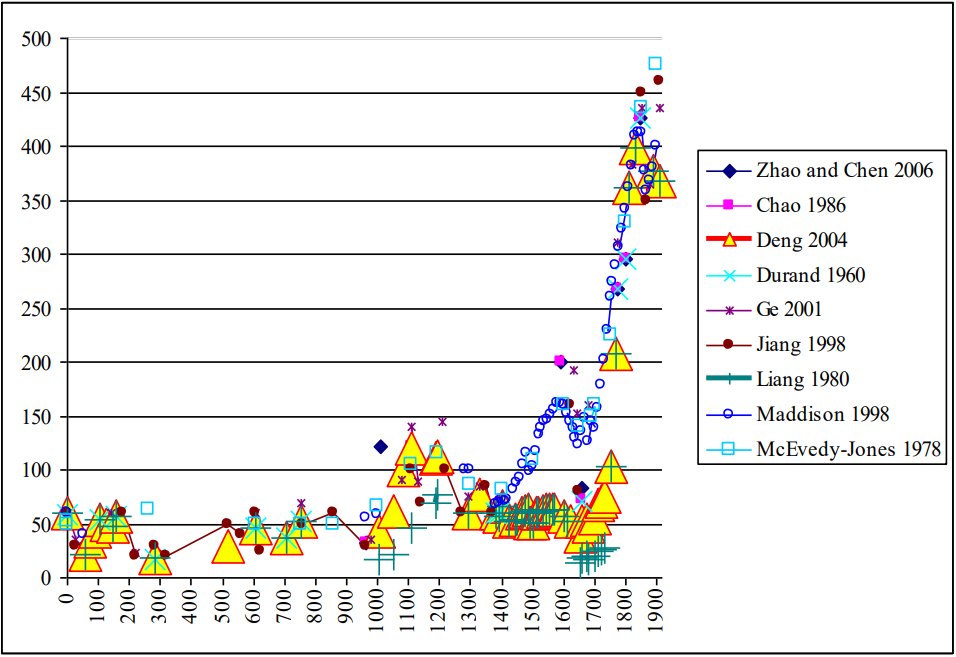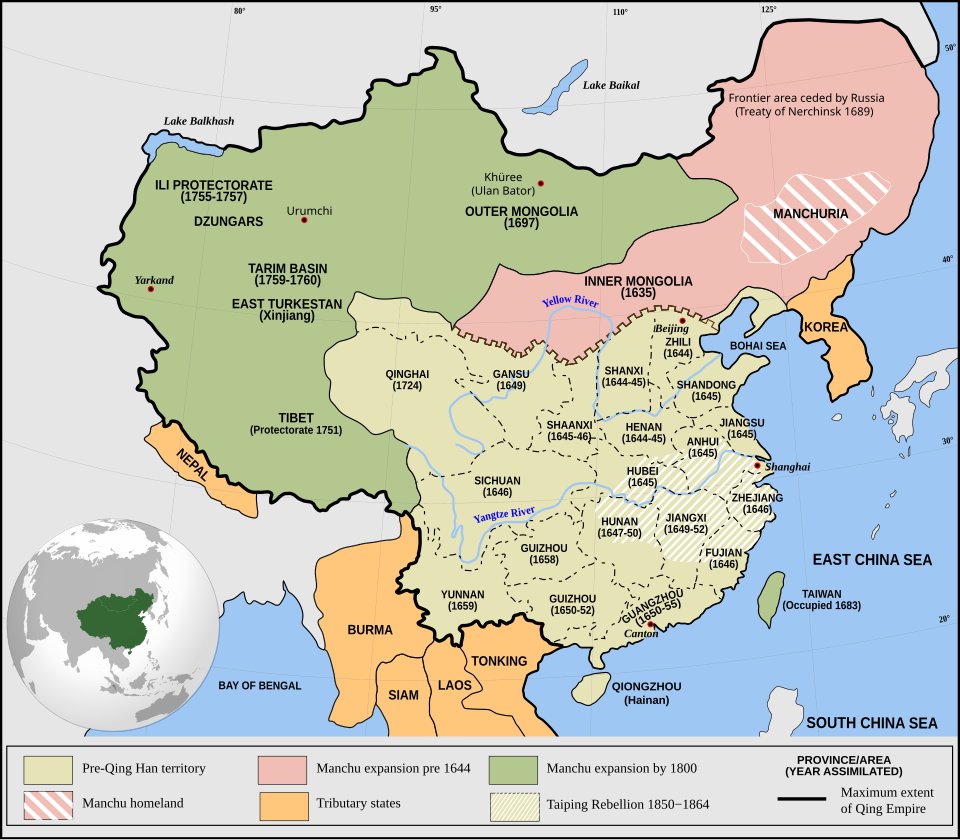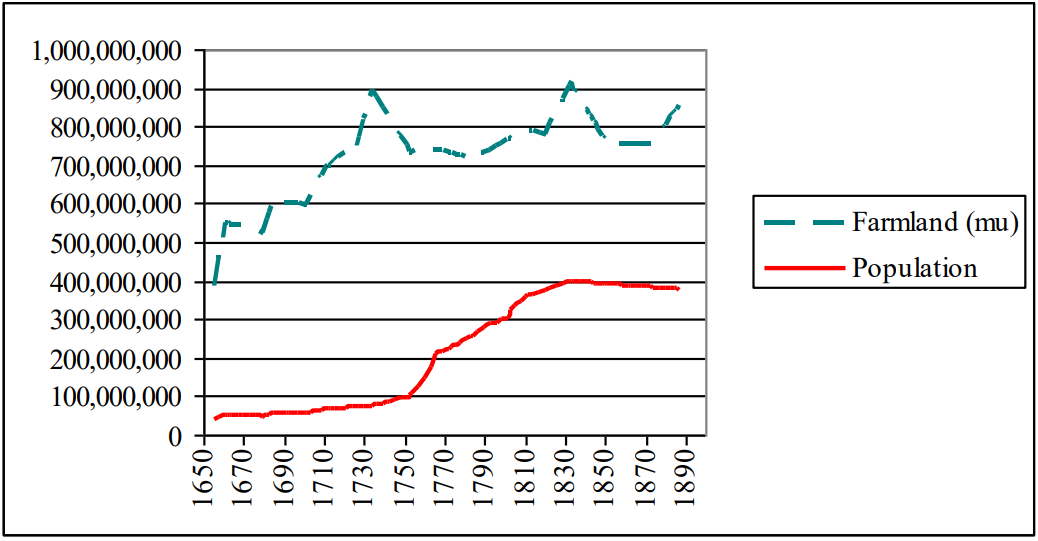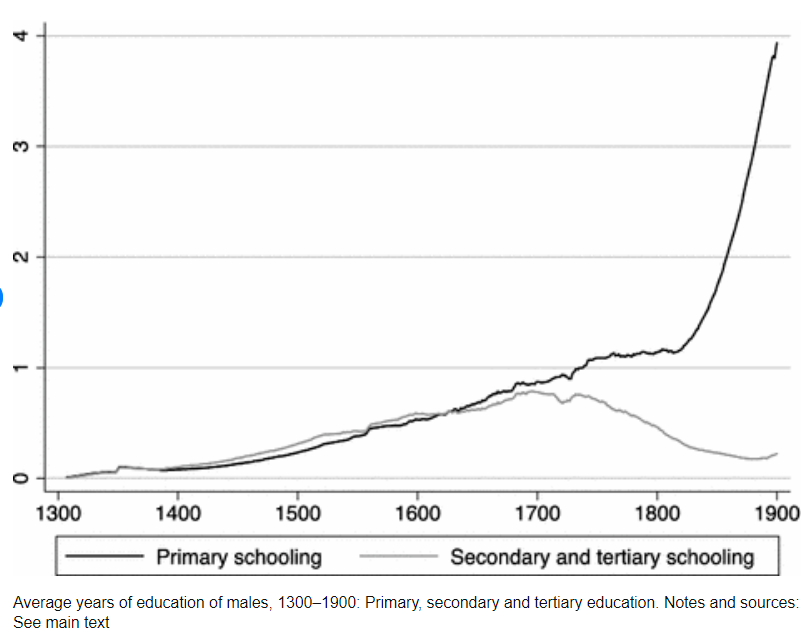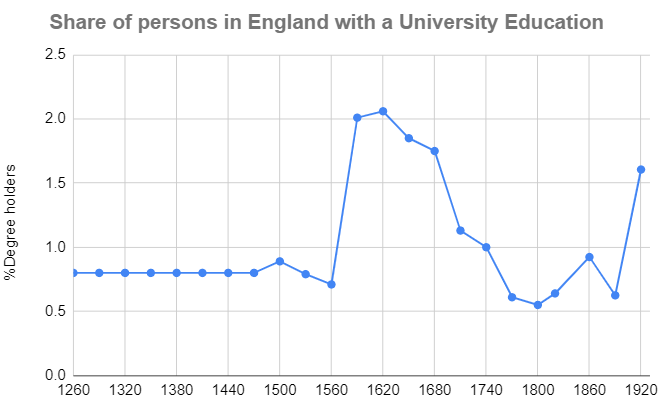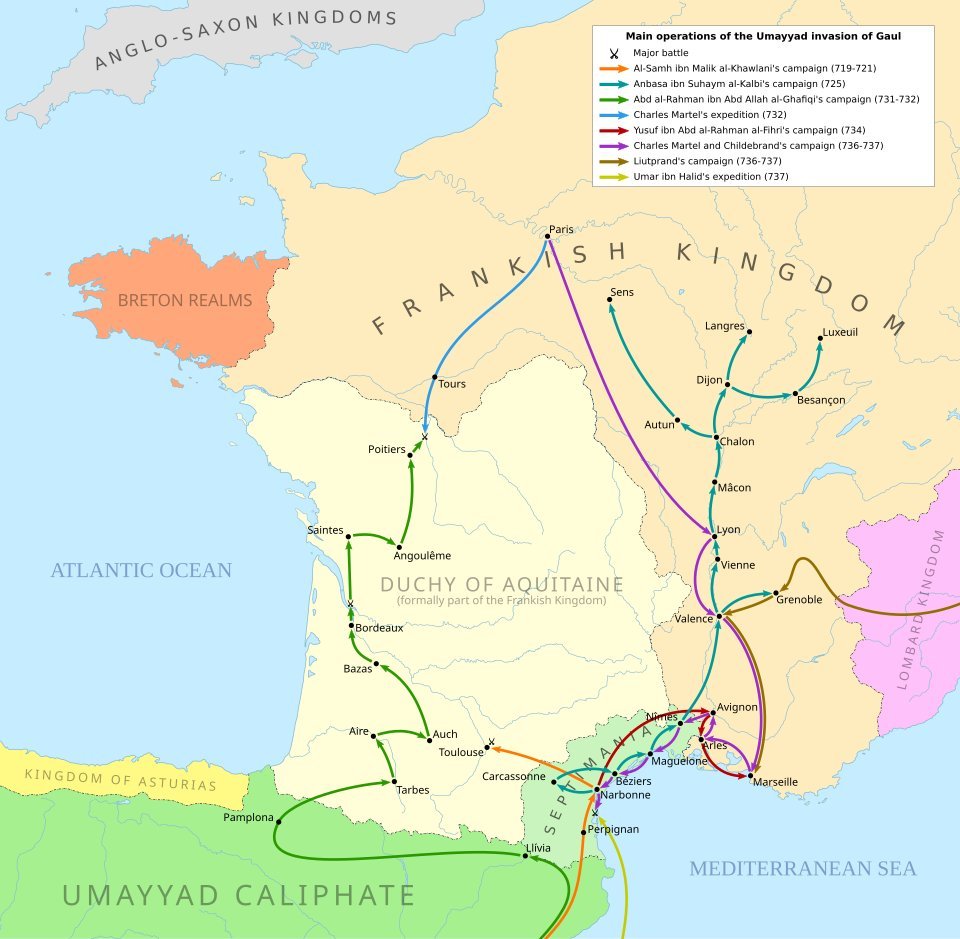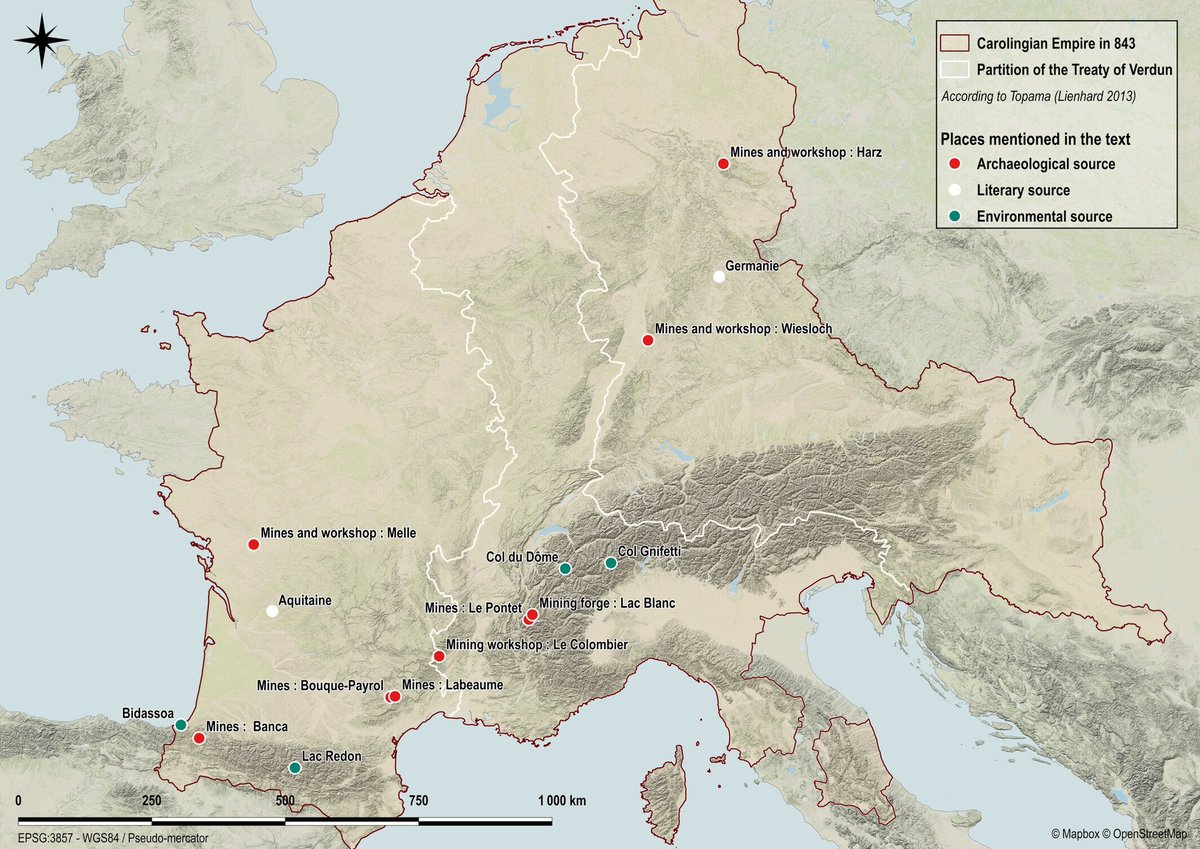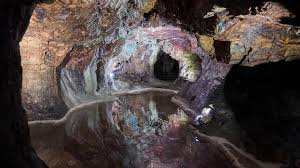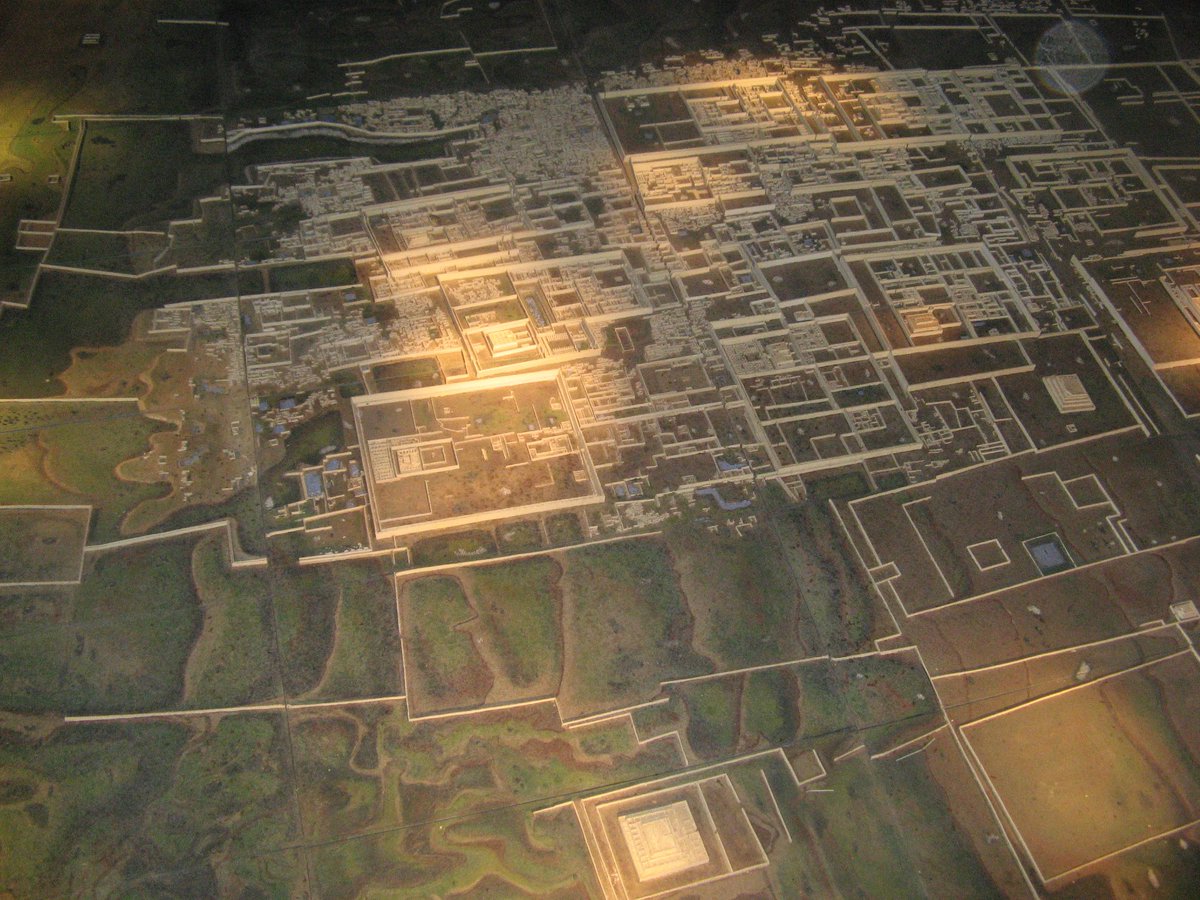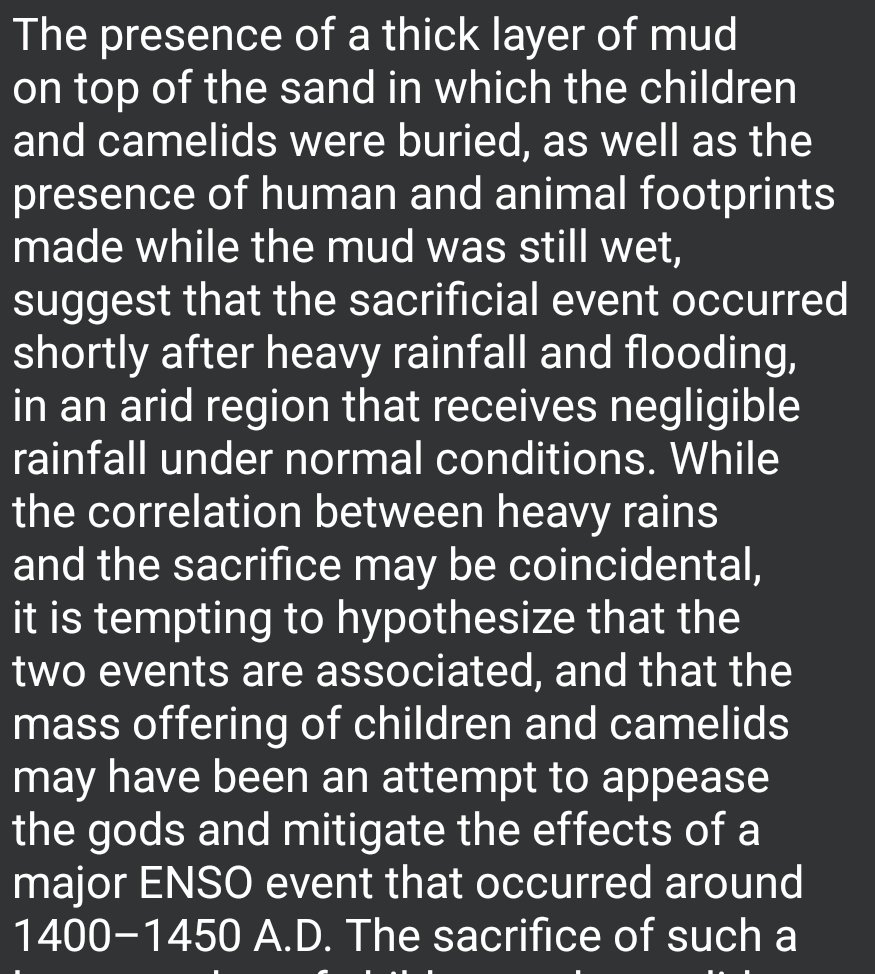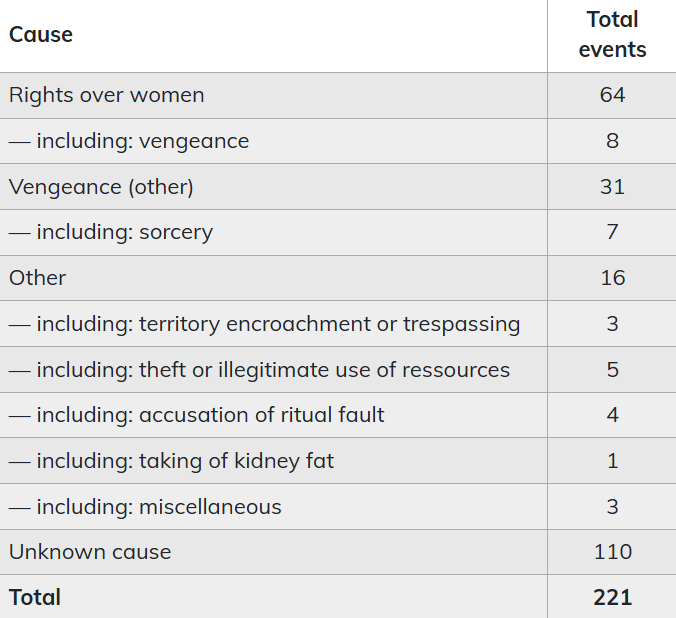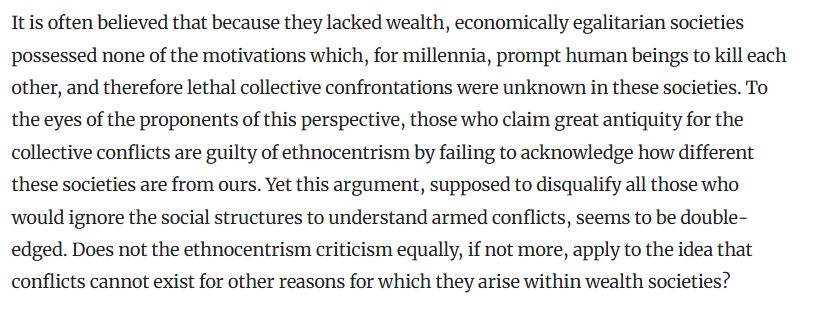Shigeru Ishiba is the new Christian prime minister of Japan, this isn't as surprising as it might seem, despite being around 1% of the population Christians account for 14% (9/64) of Japanese Prime ministers.
This pattern of Christian overrepresentation in skilled professions has a long history in Japan🧵
This pattern of Christian overrepresentation in skilled professions has a long history in Japan🧵
After the Meiji Restoration both Christianity and contact with the West were legalized and normalized in Japan. This meant that Japan was industrializing using foreign knowledge and converting to foreign religions through contact with the same people. 

Between 70-80% of the early converts to Christianity came from "mission schools" educational facilities set up by missionaries to provide basic education and English language skills. 

Students at such schools were described as "men of talent" "whose intellectual desire brought them under the influence of missionary pioneers" 

The great desire among various upwardly mobile urban groups for education meant that even Sunday schools operated by missionaries would often be full of non-Christians and had to maintain waiting lists. 
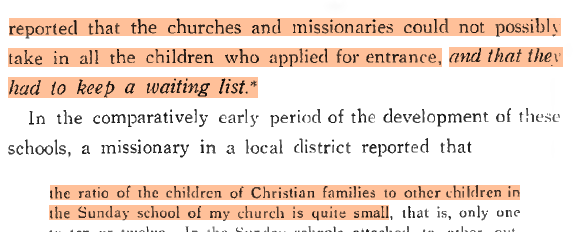
A great share of this desire for education and status came from the former upper classes of Japanese society, the 200,000 Samurai disemployed by the Meiji Restoration.
Despite finding themselves out of their Job after the Meiji Restoration former Samurai maintained their high status by going to schools, gaining educational skills & becoming white-collar workers.
They were beating their swords into corporate shares.
They were beating their swords into corporate shares.
https://x.com/cremieuxrecueil/status/1641876950103777281
It's reported that "almost all students" from missionary schools were "from among the jobless samurai" and Almost all the Christian leaders were sons of former Samurai.




Even after mission schools declined majority of Christian converts came from the educated classes in Government schools, which were often filled with former Samurai, in Keoi University 88% of the Student body came from the classes of the Samurai. 
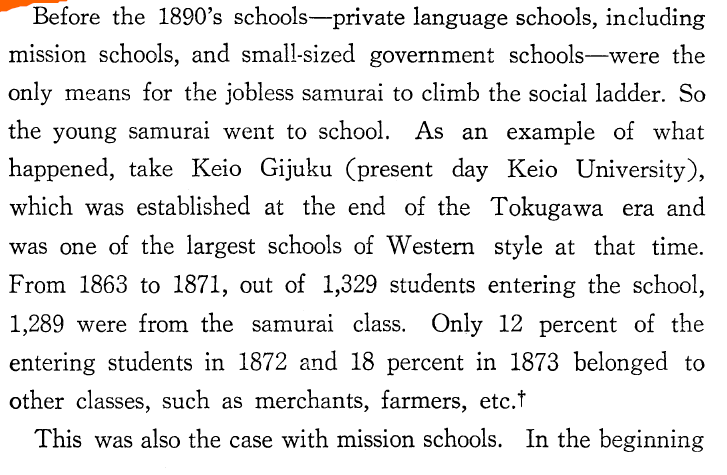
This elite conversion meant that early Christians were very different from the General population, one missionary writing in 1909 reported: 

One study stated that "Protestantism...does not spread beyond the bourgeois class in urban districts" 

The same may be said of Catholicism with 3 Catholic Prime ministers, Japan had more Catholic heads of state than the UK or US.
It is also observable that the concertations of Christians in Japan are in the most urbanized and commercially important cities. 

This failure of Christianity in Japan to spread to the rest of society beyond the upper classes meant that Christians in Japan maintained their upper-class status. Sometimes laborers would tell missionaries to "Take your rich Christian ideas elsewhere". 
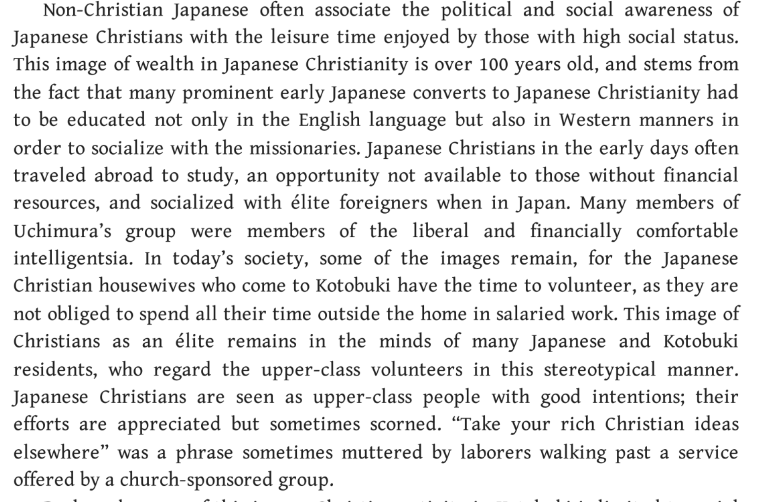
Statistical evidence from 1933 shows that 1/55,000 Christians worked in Agriculture but among teachers, civil servants, doctors, and clerks the ratio is 1/2000.
So in 1933 Christians were 27 times overrepresented in those professions compared to farming.
So in 1933 Christians were 27 times overrepresented in those professions compared to farming.
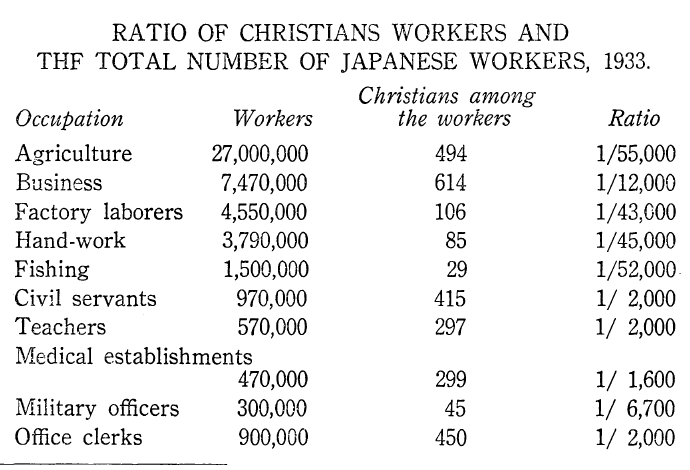
In a study, 20 years post WWII it was shown that 40% of Protestant Church members have an above-high school education, this is in a period in which 10-15% of the population was similarly educated. 

The main sources here is:
"The Origin of the Social Status of Protestant Christianity in Japan" by Fujio Ikado"
Other sources are in the alt text of the images.
"The Origin of the Social Status of Protestant Christianity in Japan" by Fujio Ikado"
Other sources are in the alt text of the images.
• • •
Missing some Tweet in this thread? You can try to
force a refresh


